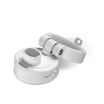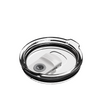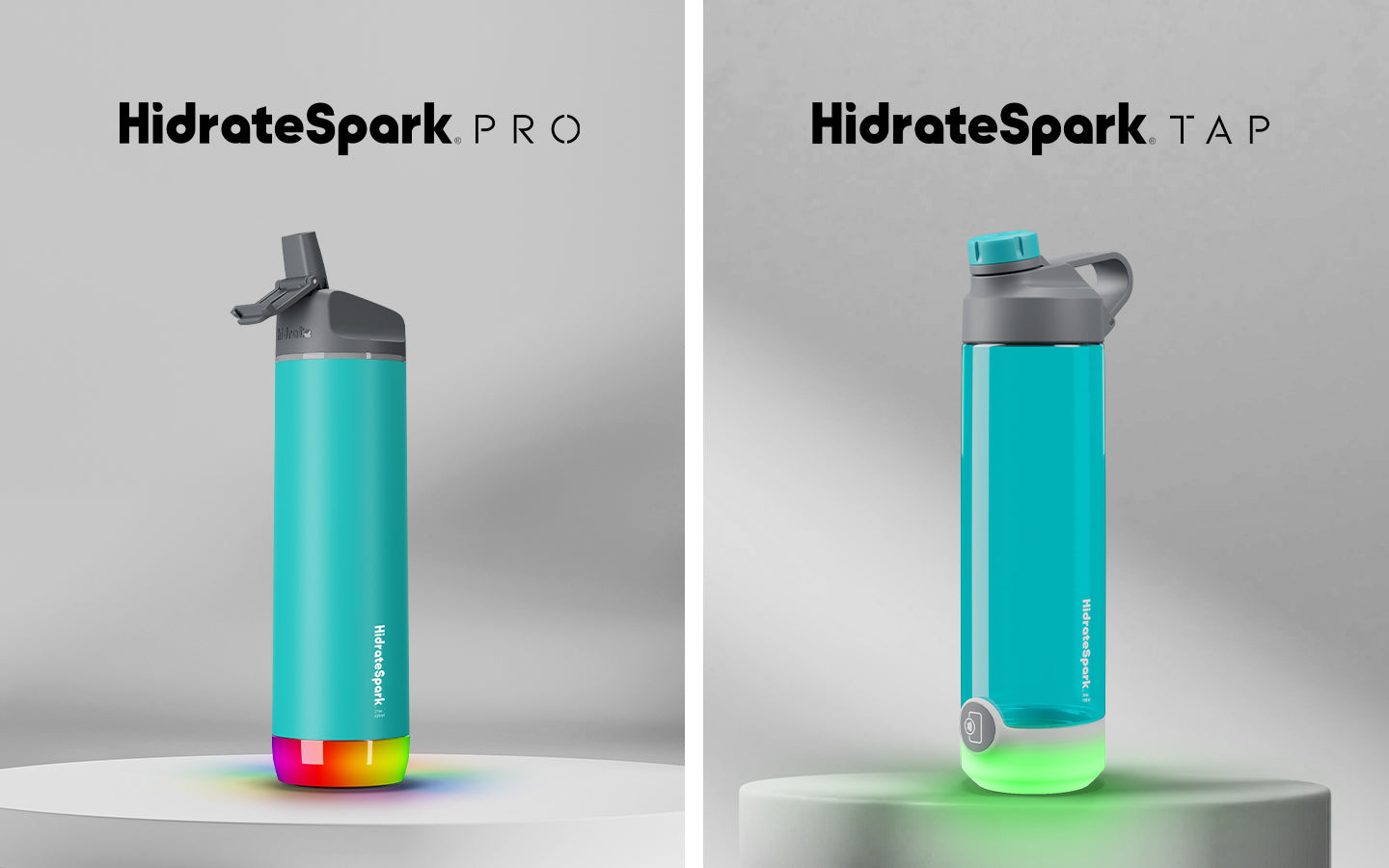It's an old dieting tip: Drink a large glass of water before eating to make you feel full and eat less. But what really happens to the water you ingest with meals?
Drinking water with a meal aids digestion by helping to break down food so that your body can absorb the nutrients. Saliva, which is released into your mouth by the salivary glands to begin the process of digestion, is primarily water. Food and its nutrients dissolve and break apart easily in water, so drinking water with a meal helps ensure quick, efficient digestion.
"Adequate consumption of water is important for digestion and nutrient absorption in several ways," says Joshua Thurman, M.D. "Water itself is a relatively minor source of most nutrients and vitamins. There are some minerals in drinking water, though, such as calcium and magnesium. Most minerals and many vitamins are soluble in water; solubility is what makes them accessible to cells and the transporters that bring them into the body."
After mixing with your meal, water continues through your stomach and toward the small intestine, where most of the water you drink is absorbed and then transported through your body in blood. Our bodies remove waste material and toxins from our systems through the kidneys — and also through the large intestine, in the form of normal bowel movements.
"Adequate water is particularly important in the large intestine. The large intestine absorbs many vitamins as well as much of the water that was not already absorbed by the small intestine," says Dr. Thurman. "If stool in the colon does not retain enough water, you may become constipated."
Whether drinking water before meals really does help with weight control is debatable, that glass of water will definitely benefit your digestive system. So make it a habit!
ABOUT OUR EXPERT
Dr. Joshua Thurman, MD is a board-certified nephrologist and Professor of Medicine specializing in renal medical diseases and hypertension at the University of Colorado School of Medicine. He received his medical degree from the University of Chicago Pritzker School of Medicine and his undergraduate degree from Harvard University. He has been in practice for more than 22 years.



















Leave a comment
This site is protected by hCaptcha and the hCaptcha Privacy Policy and Terms of Service apply.